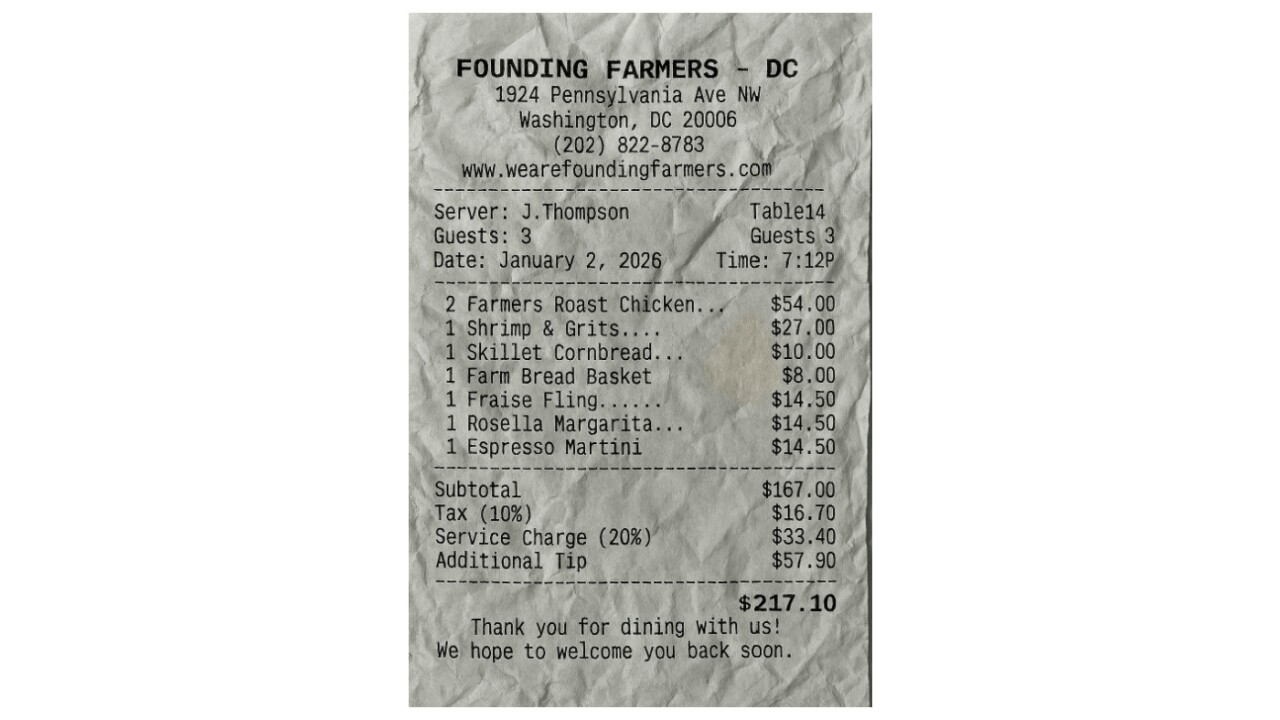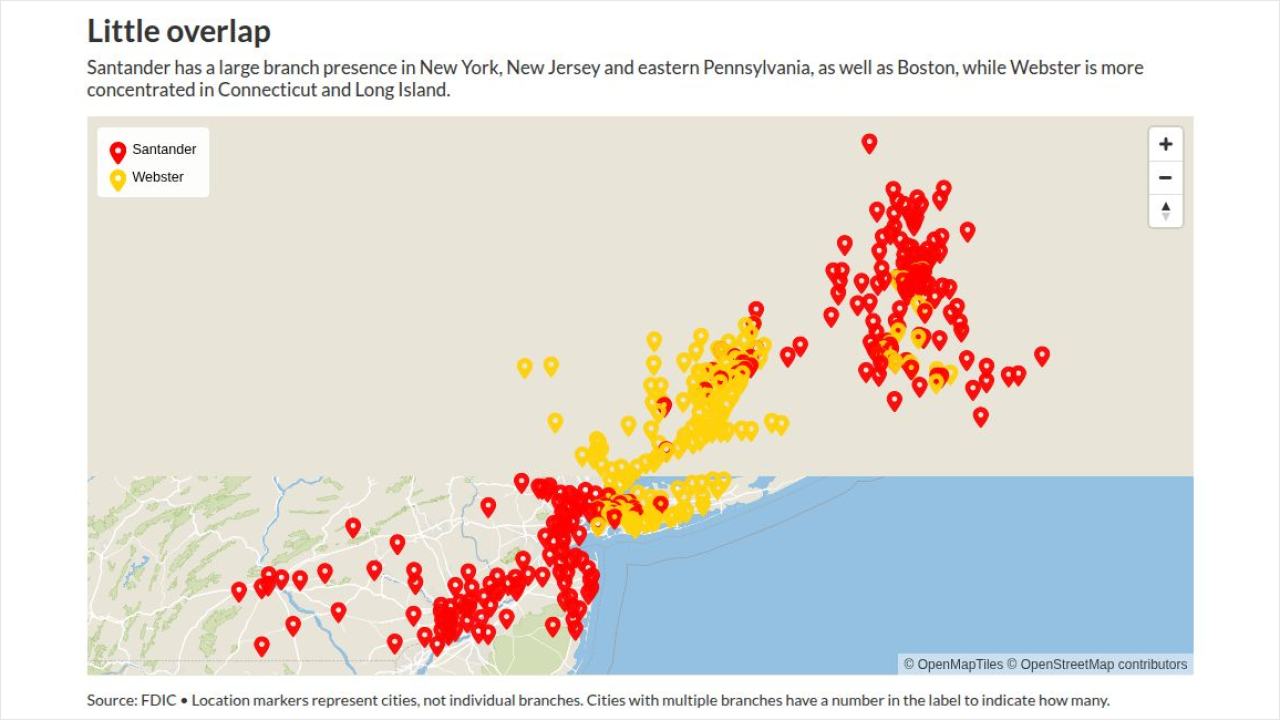With an eye toward an initial public offering later this year, Ally Financial Inc.'s chief executive said the auto and mortgage lender is hyperfocused on repaying the Treasury Department for its $17.2 billion bailout.
Michael Carpenter, Ally's CEO, said on a conference call Tuesday that like Bank of America Corp. and other large banks, Ally was eager to get out from under pay restrictions for those institutions that received significant public aid.
"Management has a great motivation to get Treasury out ASAP," Carpenter said, though he declined to give a timetable for the much anticipated IPO.
Ally, formerly known as GMAC, posted a $79 million fourth-quarter profit, compared with a $4.95 billion loss a year earlier. The improvement was driven by strength in its North America auto business and strong mortgage volume.
Ally executives ticked off a list of six major objectives they set out to accomplish in the past year.
Foremost among those goals is the full repayment of the Treasury's investment. In December, the agency's stake in Ally increased to 74% from 56% after the government converted $5.5 billion of its $11.4 billion of preferred securities to common stock.
Ally's treasurer, Jeff Brown, said the move significantly increased the company's Tier 1 common ratio to 8.6% at the end of the fourth quarter, from 5.3% at the end of the third quarter, putting Ally in line with other investment-grade banks.
"Take a look at our capital structure relative to other banks, including those that describe their balance sheet as 'fortressed,' " Carpenter told analysts. "You will see our capital ratios are actually very, very strong." It was an implicit dig at JPMorgan Chase & Co., whose CEO, Jamie Dimon, has often spoken of his company's "fortress balance sheet." JPMorgan Chase's Tier 1 common ratio was 9.8% at yearend.
The conversion by the Treasury cut Ally's dividend payments by $500 million per year and improves its long-term profitability with a lower cost of funds, Brown said.
Critical to Ally's cleanup efforts has been resolving the Residential Capital LLC unit's legacy mortgage assets.
Tom Marano, Ally's CEO of mortgage operations, described the past two years as a "saga."
"I often think of Homer's 'Odyssey,' actually," Marano said, explaining his attempts to transform the business from one predominantly funding correspondent lenders to now include retail and wholesale channels.
Fourth-quarter results included a previously disclosed $462 million payment to resolve all existing and future buyback claims with Fannie Mae. Ally struck a similar settlement with Freddie Mac earlier last year.
Jim Mackey, Ally's interim CFO, dismissed the majority of remaining buyback claims from monoline bond insurers.
"The vast majority are ineligible for repurchase," Mackey said, adding that the company monitors claims closely and "will defend our rights."
Kirk Ludtke, a senior vice president at CRT Capital Group LLC, said Ally would most likely repay the government through proceeds from its IPO.
"They continue to show progress in terms of asset quality and funding costs," he said. "The settlement with Fannie is important and whatever else they have to spend to extricate themselves from mortgage repurchase obligations could be spread out over a longer period of time."





